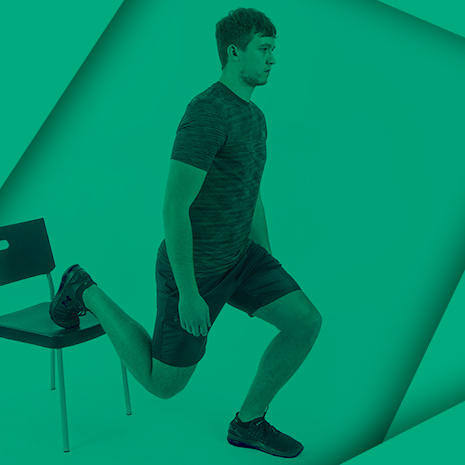Behind The Ice Bath
New research by the Queensland University of Technology, published in the Journal of Physiology, has concluded that the ice bath may not have the post workout benefits that many claim it has.
The idea behind the ice bath is that the cold water reduces the temperature of the muscles and also reduces blood flow, this is thought to help repair muscles that have broken down or possibly been damaged during a workout, yet there is no actual data using humans that back up these claims.
Are Ice Baths Good For You?
The Queensland trial however had 9 active men between the ages of 19-24 carry out resistance training three times a week. After each session they were required to either to spend ten minutes in water at 10 degrees or complete a warm down on an exercise bike.
The research team then took biopsies from the muscles of the participants two hours after the ice bath or warm down and again 24 hours and 48 hours after. They then examined these muscle samples for changes in the genes and proteins that display signs of inflammation in the muscles.
The comparison of the data between the two recovery groups led the research group to conclude that athletes may be better off with a light warm down instead of the commonly used ice bath.
This study also suggests that reducing muscle inflammation after an injury can actually disrupt muscle repair.
Ice Baths: The Verdict
Despite indicating that an old-fashioned warm down may be the better way to help muscles post workout, it also does not rule out that there is some benefit from cold water immersion.
The study does give insight into an area where science is constantly changing and evolving. However it doesn’t consider that most of the elite athletes who were highlighted in the press articles as fans of the ice bath aren’t using them after resistance training, as they were in this study.
Another fault that could be cited against this study is the limited number of participants in the trial itself. A conclusive answer cannot be drawn until this study is replicated in different scenarios and with more participants.
Physiotherapist Stephen Mutch, a multi-sport physiotherapist who works with many elite athletes including the Scottish Rugby Squad. He firmly assured us that the most important of all recovery techniques is “sleep and nutrition.” As simple as it sounds, the basics still seem to be the most important recovery tools of all.
For more advice on nutrition read our articles on fats, micro and macronutrients, pre-season nutrition and bulking meals. Any others you would like us to cover, please comment below.





Comments